Inflammation is a natural response to injury or infection but can lead to discomfort and further health issues if not managed properly. For horses, inflammation is often seen in their joints, muscles, or tendons and can affect their performance and well-being. It is an essential part of the body’s defense mechanism, intended to protect and heal. However, when inflammation becomes chronic or excessive, it can result in significant pain and mobility issues, impacting a horse’s quality of life and ability to perform tasks. Top Anti-Inflammatory Treatments for Horses
Signs of Inflammation
Inflammation in horses can manifest through various physical signs and behavioral changes, and recognizing these early is crucial for effective management.
- Swelling in joints or muscles: This is often the first visible sign and can indicate underlying inflammation.
- Heat in the affected area: An increase in temperature in a localized area can be a clear indicator of inflammation.
- Stiffness or reluctance to move: Horses may exhibit stiffness in movement, particularly noticeable after rest or exercise.
- Lameness or limping: A limp or altered gait can indicate pain due to inflammation.
- Discomfort or pain: Horses may show signs of distress, such as increased agitation or sensitivity to touch in inflamed areas.
Recognizing these signs early can help you take appropriate action to manage inflammation effectively. Monitoring your horse’s behavior and physical condition regularly will aid in detecting these signs promptly.
-
 Equioxx – 25 ml$55.00
Equioxx – 25 ml$55.00 -
 Diurezone – 50 ml$55.00
Diurezone – 50 ml$55.00 -
 Depo-Medrol 20 mg$90.00
Depo-Medrol 20 mg$90.00 -
 Dexaphenylarthrite – 100 ml$65.00
Dexaphenylarthrite – 100 ml$65.00 -
 Synedem 25 ml$24.00
Synedem 25 ml$24.00 -
 BURN HORSE – 15 ML$52.00
BURN HORSE – 15 ML$52.00
Best Anti-Inflammatory Treatments
There are various ways to manage inflammation in horses, ranging from medications and supplements to alternative therapies. Let’s explore some of the most effective options. Each treatment has its advantages, and the best choice often depends on the specific needs and health status of the horse.
Non-Steroidal Anti-Inflammatory Drugs (NSAIDs)
NSAIDs are commonly used to treat inflammation in horses. They work by reducing the production of chemicals that cause inflammation, providing relief from pain and swelling.
- Phenylbutazone (Bute): Widely used for its effectiveness, Bute helps manage pain and inflammation in horses. However, long-term use should be monitored due to potential side effects like gastric ulcers and kidney damage. Its efficacy in managing acute inflammation makes it a staple in equine medicine.
- Flunixin Meglumine (Banamine): Ideal for treating colic-related pain and inflammation, Banamine is often used for its fast-acting relief. It is particularly useful in situations requiring immediate pain management.
- Ketoprofen: Similar to ibuprofen in humans, Ketoprofen is used for its anti-inflammatory and analgesic properties, providing relief for musculoskeletal pain. Its relatively mild side effect profile makes it a preferred choice for long-term use in some cases.
Corticosteroids
Corticosteroids are powerful anti-inflammatory agents used in severe cases of inflammation. They can be administered orally, topically, or via injections.
- Dexamethasone: A potent corticosteroid, it is used for short-term relief of severe inflammation. Due to potential side effects, it should be used under veterinary supervision. It can be particularly effective in acute flare-ups where rapid symptom control is necessary.
- Prednisolone: Often used for chronic conditions like arthritis, Prednisolone helps reduce inflammation and pain over time. Its long-term use requires careful monitoring to avoid complications such as immune suppression and metabolic issues.
- Top Anti-Inflammatory Treatments for Horses
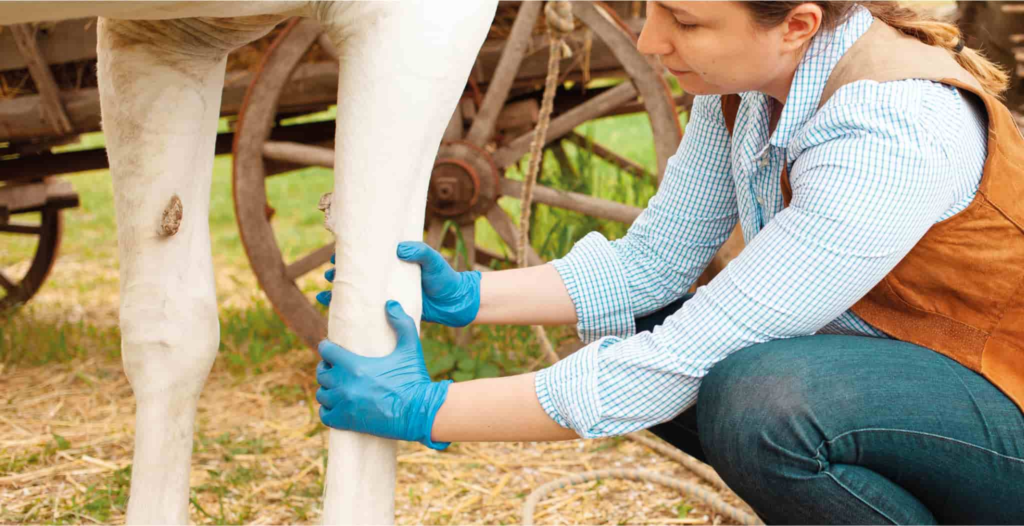
Supplements for Inflammation
Supplements are a popular choice for horse owners who prefer a natural approach to managing inflammation. Here are some of the best supplements for horse pain relief:
- Omega-3 Fatty Acids: Found in fish oil and flaxseed, omega-3s have anti-inflammatory properties that can help reduce joint pain and stiffness. They are also beneficial for overall cardiovascular health and immune function.
- Glucosamine and Chondroitin: These supplements support joint health and can reduce inflammation in horses with arthritis. They work by contributing to the repair of cartilage and maintaining joint lubrication, enhancing mobility.
- Turmeric (Curcumin): Known for its anti-inflammatory benefits, turmeric can be added to your horse’s diet to help manage pain and swelling. It also offers antioxidant properties, which can help in reducing oxidative stress.
- MSM (Methylsulfonylmethane): A natural sulfur compound, MSM supports joint health and helps reduce inflammation and pain. It is also known to improve circulation and promote muscle recovery.
Alternative Therapies
In addition to medications and supplements, several alternative therapies can help manage inflammation in horses. These therapies focus on holistic healing and can be particularly beneficial when used in conjunction with traditional treatments.
Acupuncture
Acupuncture involves inserting thin needles into specific points on the horse’s body to relieve pain and inflammation. This ancient practice is gaining popularity among horse owners for its effectiveness in promoting healing and reducing discomfort. Acupuncture can stimulate the release of endorphins, the body’s natural painkillers, and improve circulation, enhancing the body’s natural healing processes.
Massage Therapy
Massage therapy can help improve circulation, reduce muscle tension, and alleviate pain in inflamed areas. Regular massage sessions can benefit horses with chronic inflammation and support their overall well-being. By enhancing blood flow, massage therapy also aids in the delivery of essential nutrients to the affected areas, accelerating recovery.
Cold Therapy
Cold therapy, or cryotherapy, involves applying cold compresses or ice packs to inflamed areas to reduce swelling and pain. This therapy is particularly effective immediately after an injury or intense exercise. Cold therapy works by constricting blood vessels, reducing blood flow, and consequently minimizing inflammation and soreness.
Herbal Remedies
Herbal remedies such as aloe vera, boswellia, and devil’s claw have natural anti-inflammatory properties. These herbs can be used as supplements or applied topically to manage inflammation and pain. They offer a gentle approach to inflammation management, with fewer side effects compared to traditional medications.
Top Anti-Inflammatory Treatments for Horses

Tips for Managing Inflammation
Managing inflammation effectively requires a holistic approach that combines veterinary care with lifestyle adjustments.
- Regular Veterinary Checkups: Regular checkups can help detect inflammation early and prevent further complications. A veterinarian can provide tailored advice and adjust treatment plans as necessary.
- Proper Diet and Nutrition: A balanced diet rich in anti-inflammatory nutrients supports your horse’s overall health and can prevent inflammation. Incorporating antioxidants and essential fatty acids can play a significant role in maintaining joint and muscle health.
- Adequate Rest and Recovery: Allowing your horse enough time to rest and recover after exercise or injury is crucial in managing inflammation. Overworking a horse can exacerbate inflammation, so ensuring periods of rest is vital for healing.
- Consistent Exercise: Regular, moderate exercise helps maintain joint flexibility and muscle strength, reducing the risk of inflammation. It also promotes blood circulation, which is essential for nutrient delivery and waste removal from tissues.
Conclusion
Inflammation in horses can be challenging, but with the right treatments and management strategies, you can ensure your horse remains healthy and comfortable. Whether you choose medications, supplements, or alternative therapies, always consult with a veterinarian to develop a personalized treatment plan that suits your horse’s needs. By staying informed and proactive, you can provide the best care for your equine companion. Remember, a combination of approaches often yields the best results, ensuring your horse not only recovers from inflammation but also maintains optimal health in the long term.

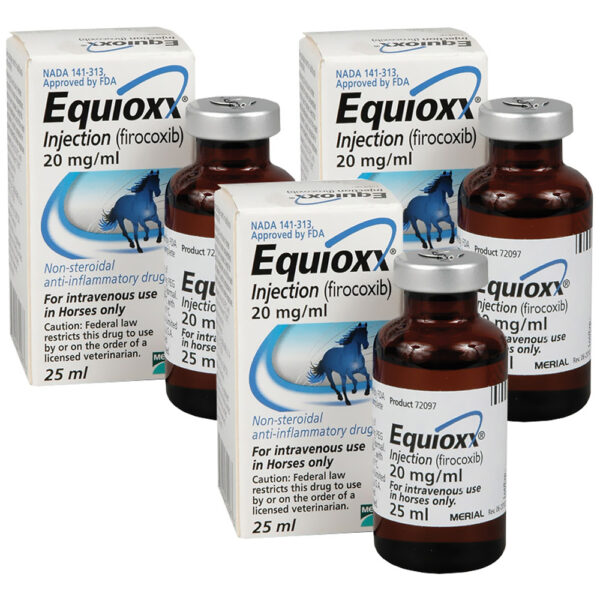

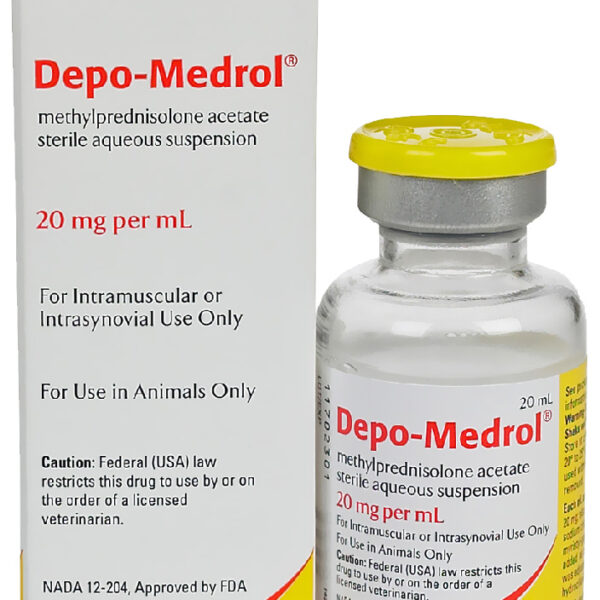
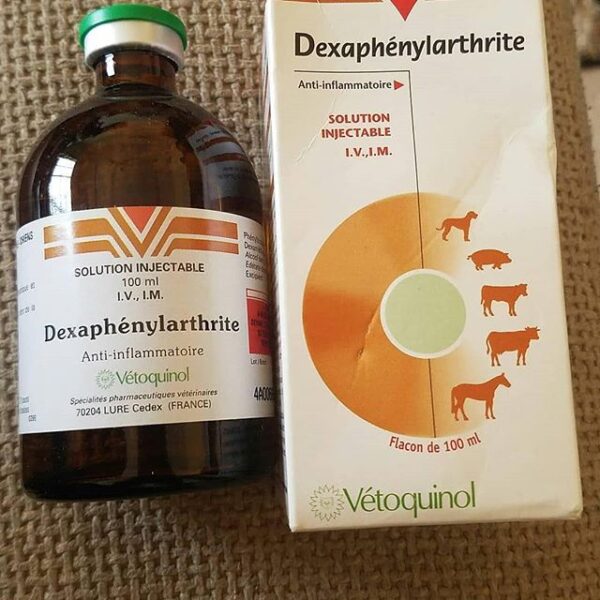

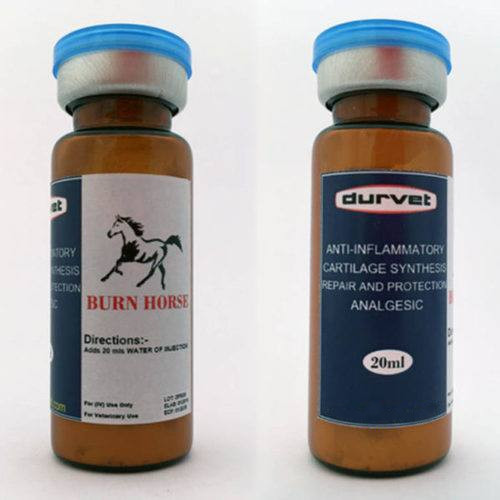


No comment